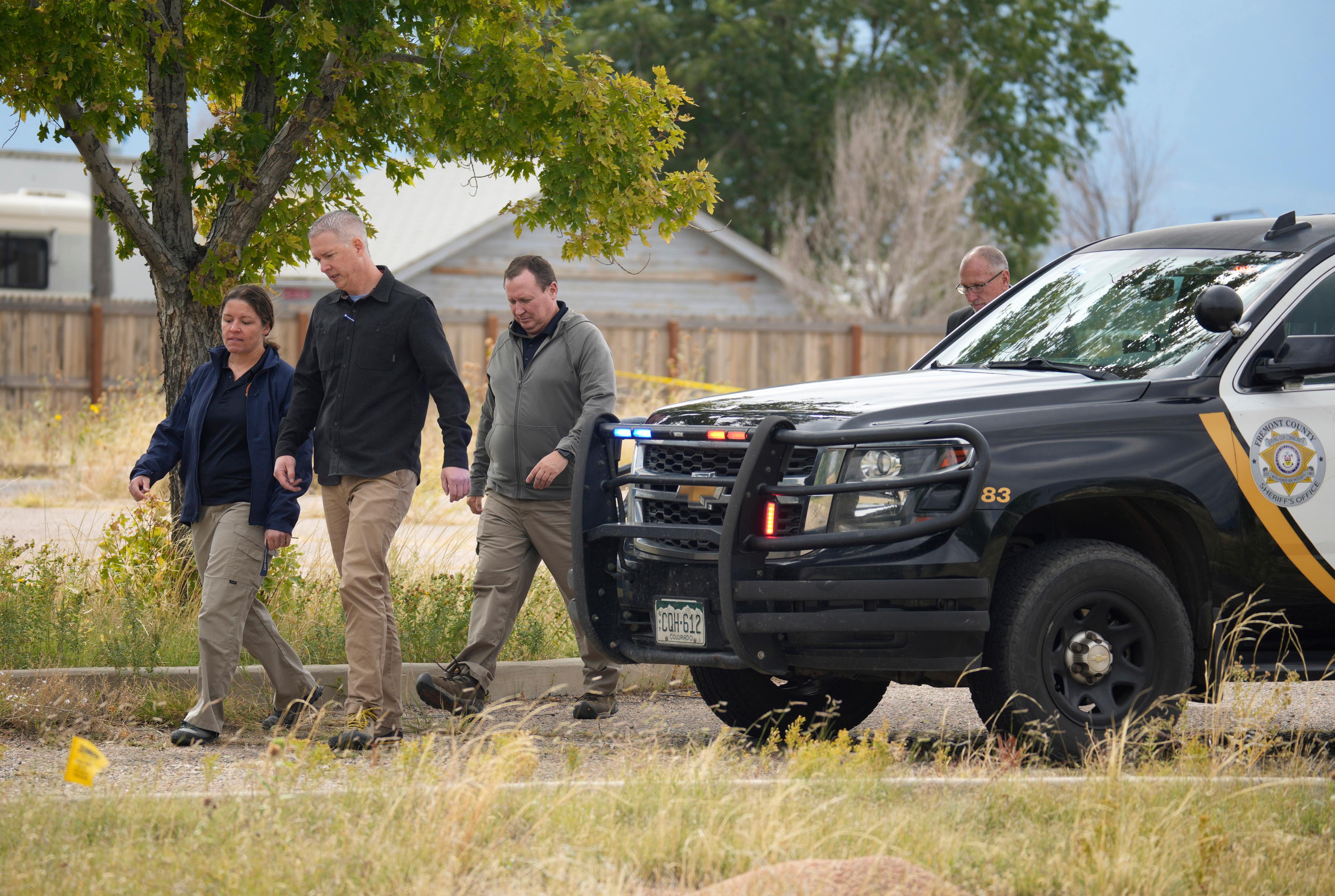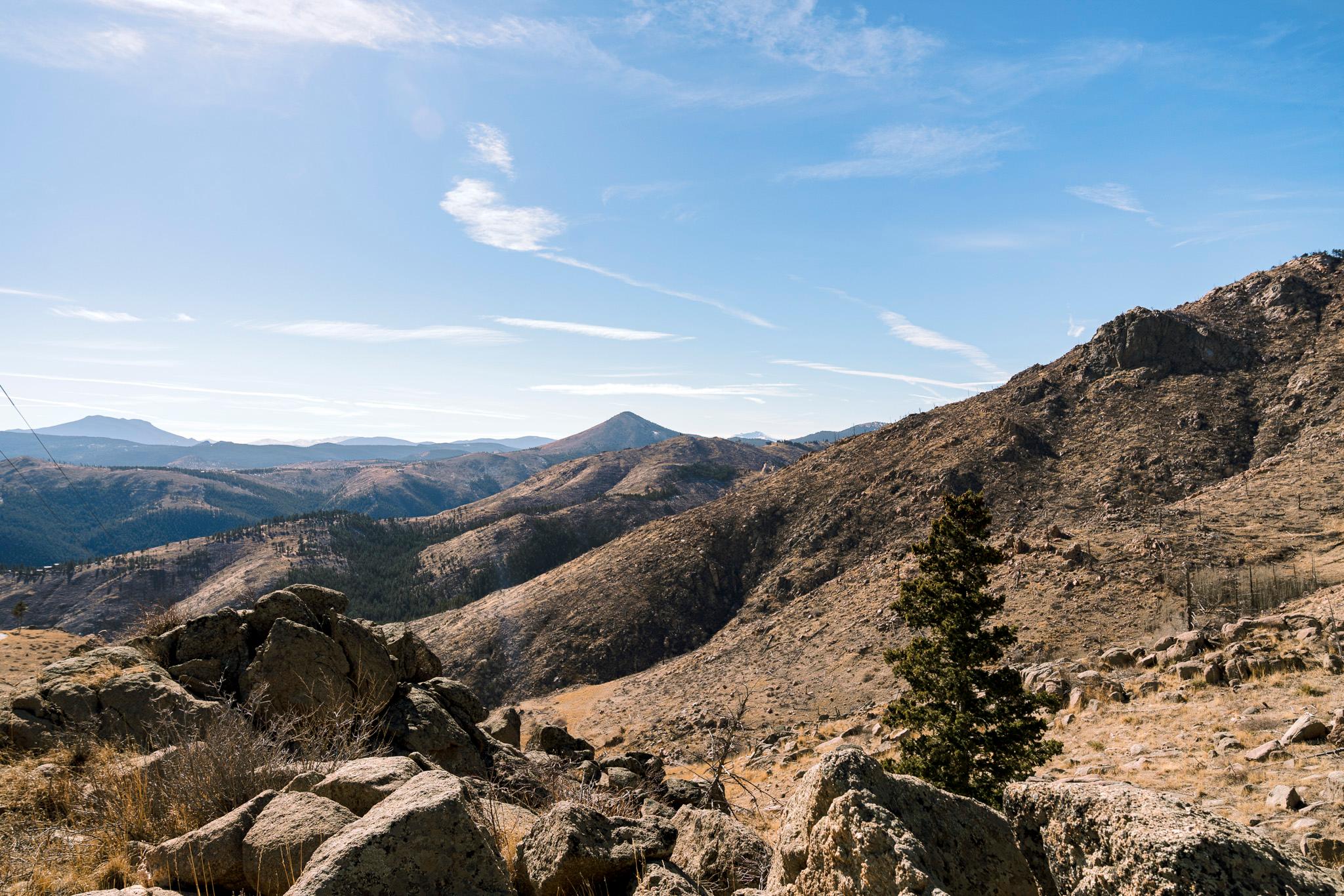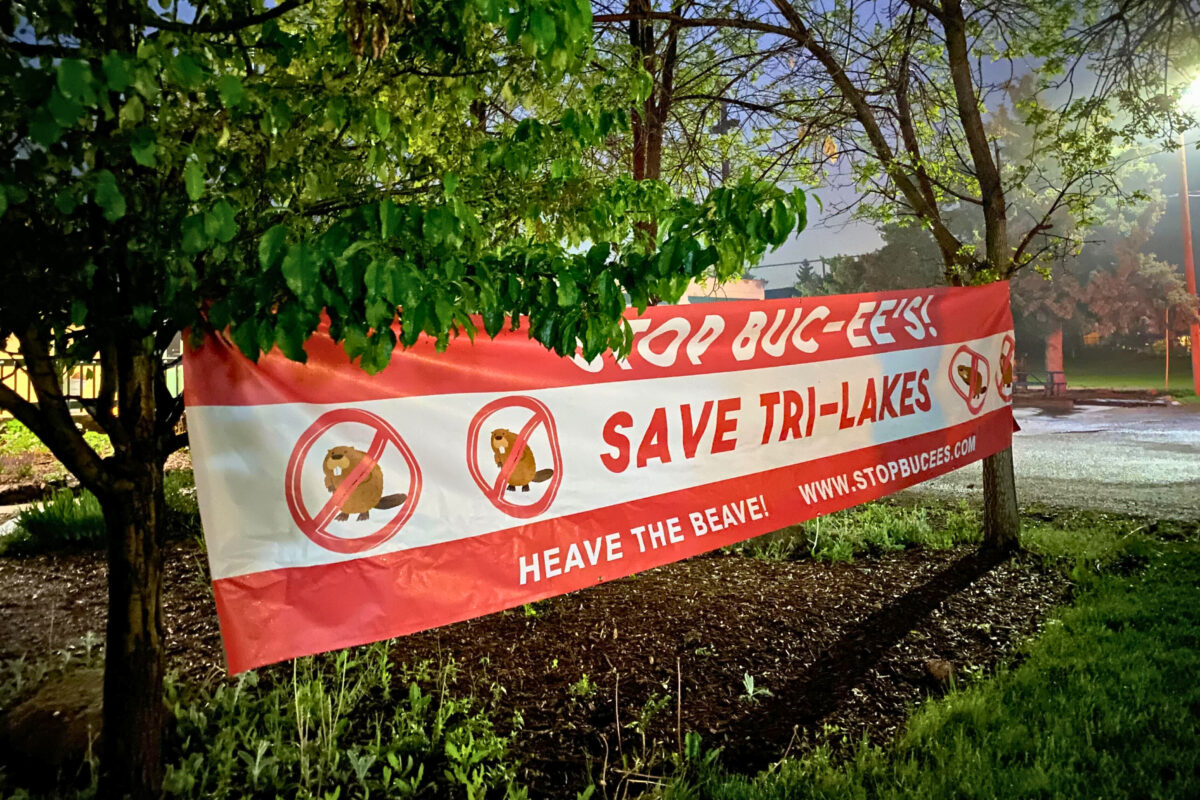
In the face of lawsuits and recall threats, the town of Palmer Lake is moving forward with consideration of a proposed travel center at the top of Monument Hill off I-25.
Town trustees voted 6-1 Thursday night to allow an annexation request for the development to move forward, deeming that it sufficiently met eligibility requirements for further consideration. That means Buc-ee’s, the Texas-based chain of massive travel centers known for their brisket sandwiches and sparkling bathrooms, is one step closer to building its second Colorado outpost.
There's steep opposition to the project, though. That includes multiple lawsuits alleging fraud and intimidation, as well as three town trustees facing possible recalls.
Thursday’s vote was only one step in the process. Now the town's board will evaluate the impacts of the Texas-based chain building on the spot just south of County Line Road before they decide whether to give the proposal their final approval.
"It means you're eligible to proceed and it means you filled out the paperwork correctly," Palmer Lake Mayor Glant Havener explained in a recent interview with KRCC.
A drumming rain couldn’t keep away the dozens of people who showed up early to the small historic Palmer Lake Town Hall for the evening vote. Along with umbrellas, most carried signs saying “Heave the Beave” or “Save Palmer Lake.”
Colleen Means has lived in Palmer Lake since 1969. She showed up with a sign that said, "Our water is our water" — a reference to Buc-ee’s desire to gain access to the town water system through the annexation. Sharing her umbrella was fellow resident Rick Hunckler, whose sign read, "Numbers don't lie, people do! No Buc-ees."
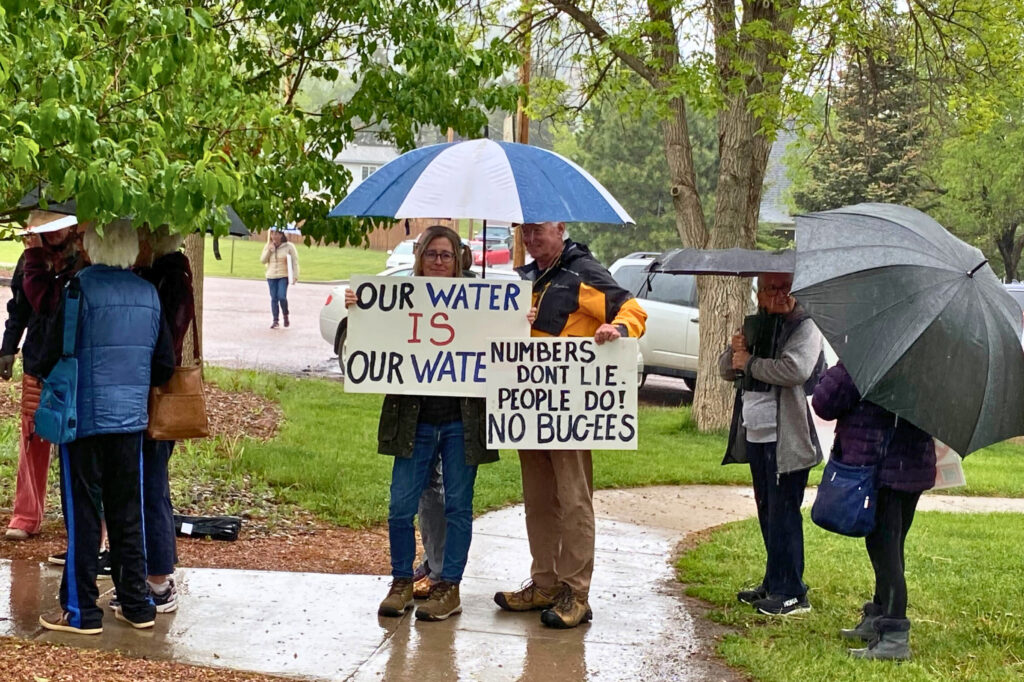
For Means, preserving the charm of the town is a major concern. "There's just no way our town can accommodate this expenditure and this ridiculous mega-store."
Water is a big piece of that.
"I've lived here my entire life and it's always been concerned about water conservation and we don't even have enough to barely provide for our town, we're on restrictions."
"How is Buc-ee's going to be restricted in their water use if they're part of our town water system?" she asked.
In fact, a week before the meeting, the town newsletter included a reminder of Palmer Lake's water restrictions: "In order to avoid waste of water and to stagger the demand on the Town's water system, watering shall be restricted as follows," it said. And then it outlined rules for watering, which are similar to other areas along the Front Range. It includes things like assigned lawn watering days and restricted hours to avoid the hottest times of day.
But specific concerns from residents were largely met with reminders from town officials that this was a statutory and procedural hearing, not about whether or not the town was actually annexing the land.
"At this moment, during this hearing, you need to keep your questions to eligibility," a sentiment Mayor Havener repeated multiple times during the meeting, sometimes using her gavel to back up her words. She even called for a five-minute recess several times.
The small facility was unable to accommodate everyone who showed up to the hearing. There was a monitor set up for the overflow crowd outside. It created an odd disconnect in the meeting — the video was on about a 30-second delay, so people attending inside the building only learned the outside crowd’s opinion of each speaker when their cheers and sometimes boos rang out a half a minute later.
An overwhelming majority of people were there to express their disapproval of the project.
One of those earning cheers was Chase Olivier, who identified himself as a lifetime resident of Palmer Lake. Olivier was 19. "I turn 20 tomorrow," he said.
"I've watched Palmer Lake change and grow over the years, but the proposed annexation does not feel like growth; it just feels wrong," Olivier said. He quoted state statutes to the board, including one that speaks to the responsibility local governments have to their surrounding communities:
"The General Assembly hereby declares that the policies and procedures … are necessary and desirable for the orderly growth of urban communities in the state of Colorado… To reduce friction among contiguous or neighboring municipalities."
The Buc-ee’s proposal has put Palmer Lake at odds with residents in surrounding parts of unincorporated El Paso and Douglas counties. The massive travel center would be down the road from most of the town, so opponents argue its main impacts would be felt by others.
"Based on public outcry of our friends in the area," Olivier said, "about waste, water, light pollution, traffic, property values, it is clear that thousands of people's lives would be impacted in a negative way. This creates friction.”
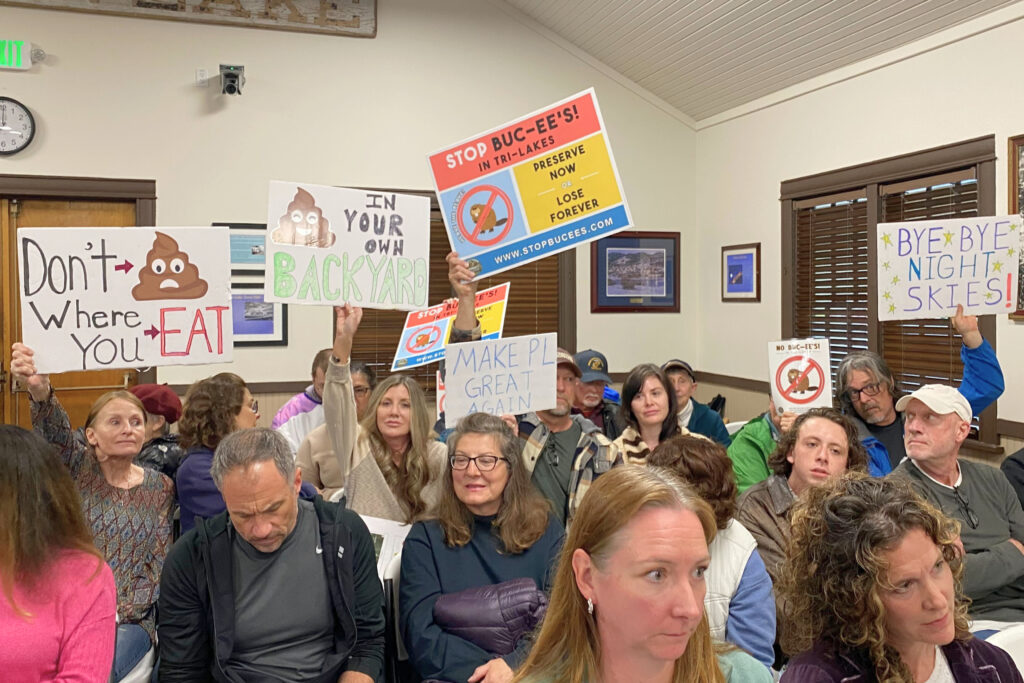
Kim Greer spoke about the issue from her Douglas County perspective. She described the so-called flagpole annexation in cruder terms.
"This reminds me of those sticks to roast marshmallows. And in this case, we have something akin to a turd on the end of it,” she told the trustees.
Many speakers focused on a phrase in the criteria for annexation, that there be a “community of interest" between the town and the parcel it’s absorbing. For opponents, it was a chance to emphasize how much they believe the project is not in the community’s interest.
But the town's lawyer, Scott Krob, explained that the term simply means "there is a common interest between the proposed annexed property and the town. Whether that is financial, whether that is traffic, whether it's water resource development, whatever that is, it means there is a commonality of interest between the two."
"That is a far cry from the determination of whether something is in the community's interest," Krob said.
This is the second time the eligibility issue has come before town council. Its first approval, in December, was rescinded over what developers called a technical issue. Once the proposal was resubmitted, the town was legally required to hold a hearing about whether or not the proposed annexation meets eligibility requirements.
Now that the proposal is moving to the next step, it will head to the town's planning commission for zoning and annexation agreements. That meeting is expected on June 18. If both the town and land owner reach a favorable agreement, an actual annexation hearing could be held any time after that.



